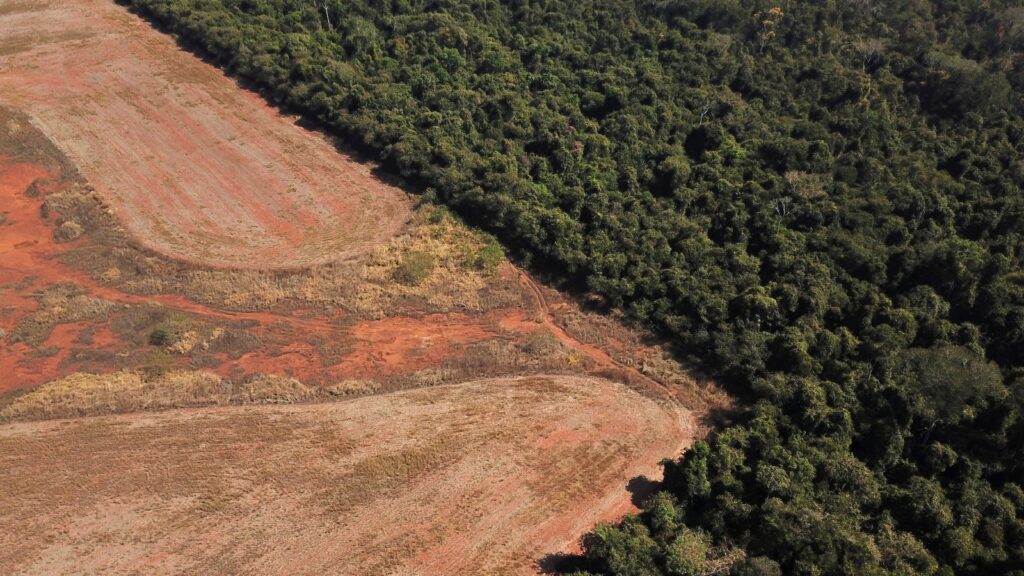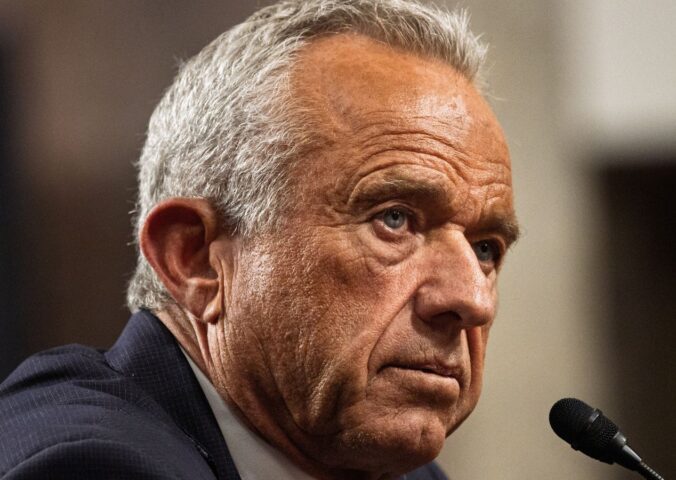UK and European supermarket chains could be selling meat linked to deforestation in Brazil.
An investigation by advocacy group Mighty Earth ties soya traders to unethical suppliers. This means that further along the value chain, supermarket chains could be stocking meat produced using animal feed linked with rainforest destruction.
Supermarkets have already been asked to cut ties with traders who work with suppliers that have known links to deforestation in Brazil. Major chains promised to stop retailing some or all Brazilian beef products due to deforestation concerns last year. An agreement in principle outlined the commitments.
Sainsbury’s and Lidl Netherlands were among the six European companies that made the pledge. It is unconfirmed if either chain has been affected by the new claim.
The scale of the deforestation problem
Mighty Earth’s findings claim that soya suppliers have removed 27,000 hectares of trees since August 2020. Deforestation is said to have occurred across 10 farm sites in Brazil’s Cerrado region.
The group considers this a crime against biodiversity. The Cerrado region is home to some 12,000 plant species and hundreds of bird varieties, many of which are indigenous to the area. The WWF refers to the Cerrado as a significant space, it is the “biologically richest savannah in the world.”
The deforestation of the region represents the most aggressive program of felling to date. Mighty Earth claims that one soya supplier removed more than 1,180 hectares of trees in under a month. This, the group says, is motivation to implore supermarkets to make good on their agreement in principle and to audit their supply chains carefully.
“After years of failed efforts to nudge the soy companies to sever ties with suppliers engaged in deforestation, the time has come for major supermarkets to deliver on their promises, and deploy meaningful commercial consequences for non-compliance with their zero-deforestation pledges,” the report says.
A wider pattern of habitat destruction
In addition to Brazil’s Cerrado, the Mighty Earth investigation uncovered potential supermarket links to other destructive supply chains.
The report states: “Although this analysis focuses primarily on the Cerrado savannah, a series of other reports show that the supermarkets also face significant risk of links to destruction of native habitat in other ecosystems that supply animal feed, including Brazil’s Pantanal, the Bolivian Amazon basin and Chiquitania, Paraguay’s Atlantic forest and the Gran Chaco of Argentina and Paraguay.”
Placing responsibility at supermarket chains’ feet
Mighty Earth has asked supermarkets to pressure their meat suppliers to increase the production of plant-based alternatives. The group hopes to see suppliers commit to making at least 20 percent of their product portfolios meat-free by 2030.
Last year, the UK was revealed to be considering a trade deal with Australian meat producers that would see deforestation-linked beef imported. British farmers decried the move and the UK government claimed to be committed to reducing illegal deforestation.
Since then, it has been reported that swapping animal meat, particularly beef, for Quorn could halve deforestation rates. Mycoprotein, the key ingredient in Quorn’s products, requires less land than animal rearing.






